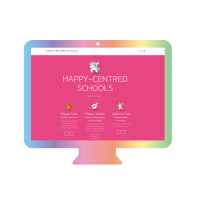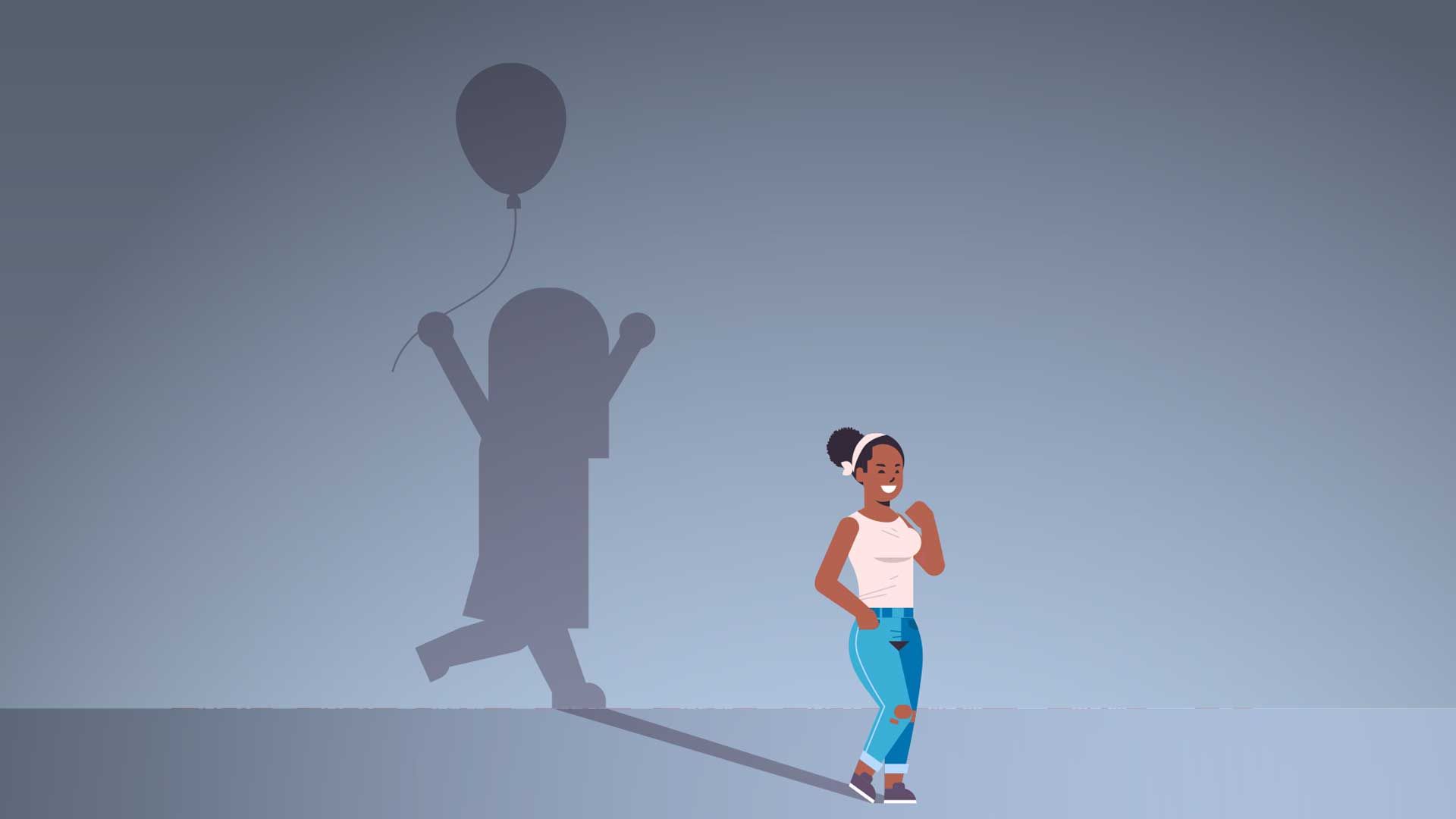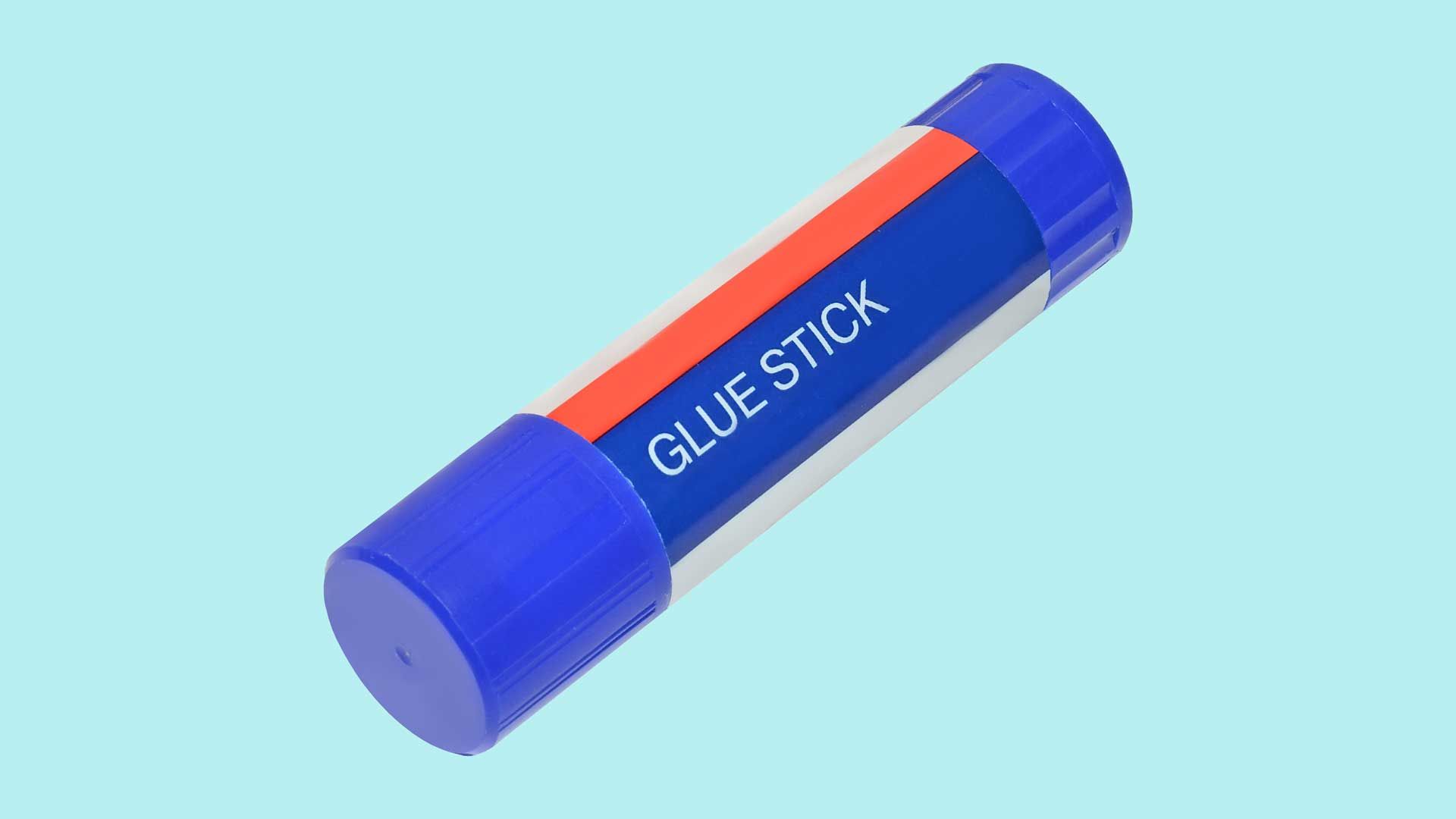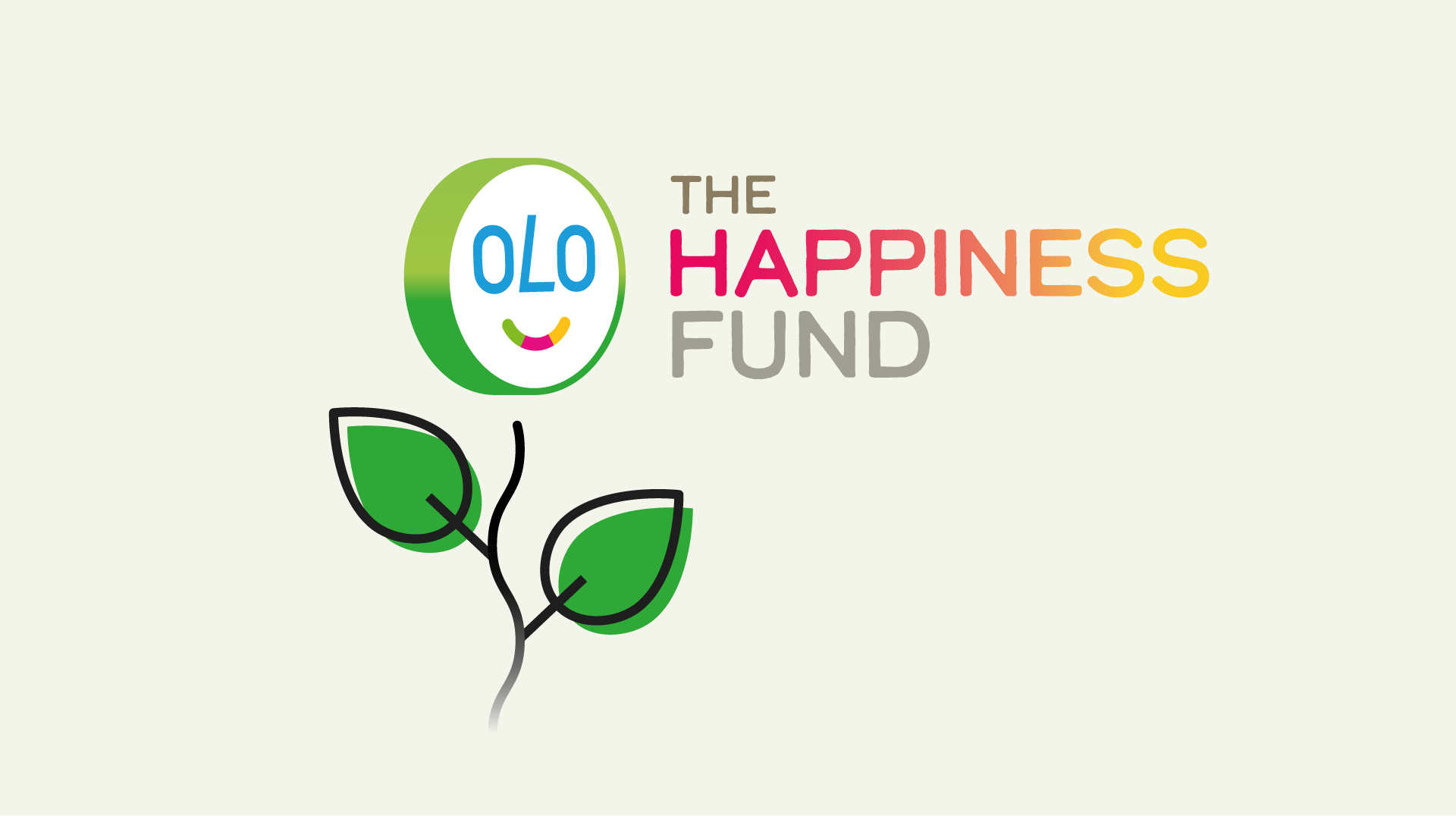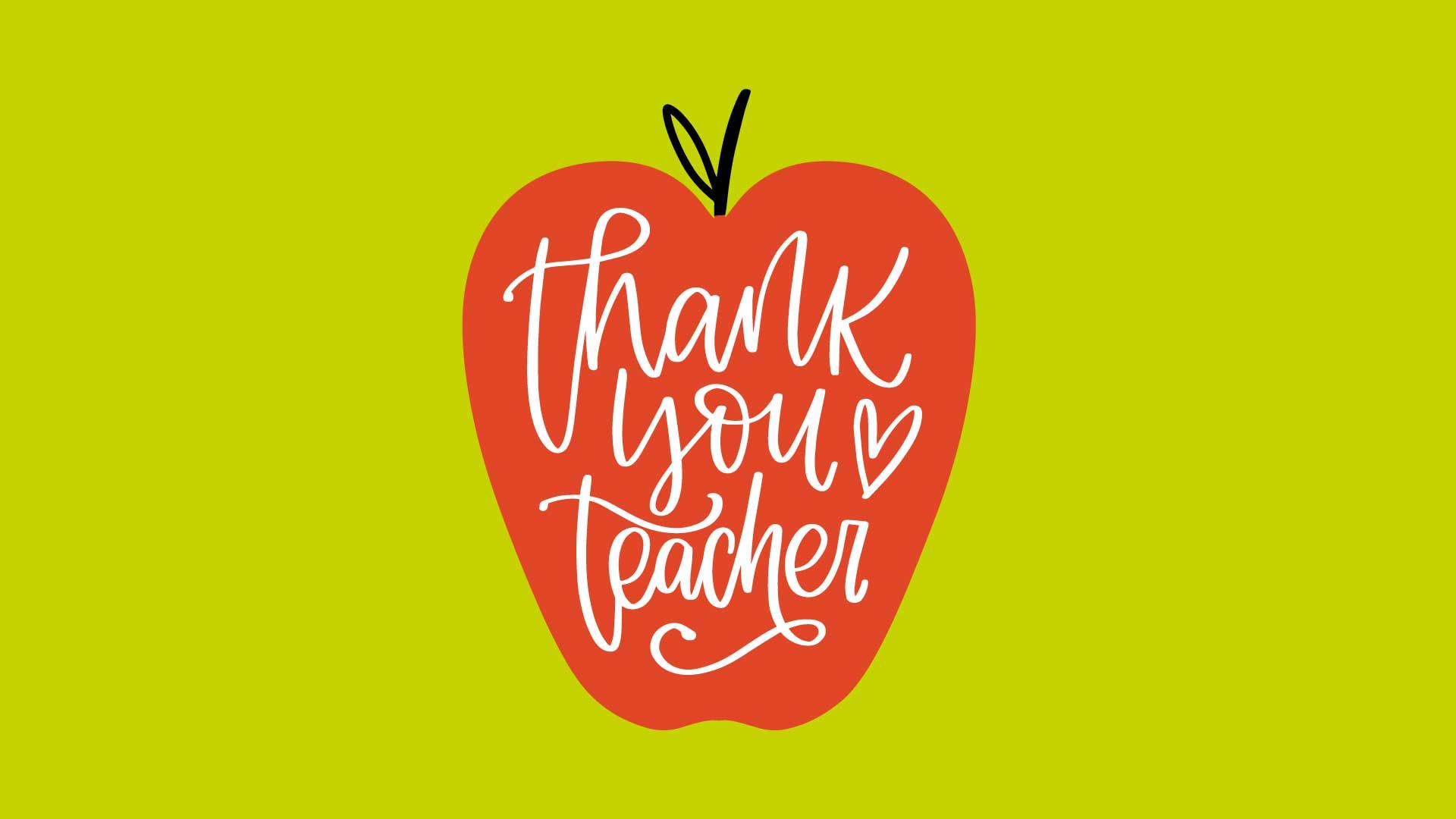How PSHE Can Help Children Live Through Challenging Times

If you think about all of the subjects you teach, where would you class PSHE in terms of importance?
At the end of a recent INSET session to introduce Laughology’s Happy-Centred School PSHE programme, one of the teachers had an out-loud lightbulb moment. Writing personal targets for herself, she announced: ‘Now I understand why PSHE is more important than all the other subjects, I’m never going to let it get squeezed out of the week again!’ Hooray!
Even if you haven’t joined one of our training days yet, you may also have recently had a PSHE epiphany. As we continue to live through a global pandemic, you’ve realised that, unless children have great coping skills, they are going to struggle to learn and catch up in academic subjects.
Or maybe your recent sway towards PSHE is due to your school becoming ‘trauma informed’ - using the research by Dr Stevan Hobfoll on the treatment of those exposed to disasters?
The research group identified five principles to promote, to inform intervention and prevention:
- Safety
- Calm
- Self and community efficacy
- Connectedness
- Hope
How does the Happy-Centred School PSHE Programme support children living through COVID-19?
We’ve had some really positive feedback recently, from a couple of headteachers who swapped their previous PSHE curriculum for the Happy Centred-School (HCS) programme. They’ve told us how timely the move was, as the HCS works in tandem with Hobfoll’s principles.
Both heads said that, as the HCS is a whole school programme, it’s not only supporting the pupils, but the staff and parents too. Furthermore, it’s explicitly helping individuals to reflect, problem solve, self-regulate and develop coping skills in challenging times.
How does the HCS promote a sense of safety?
If we can support people to re-establish and maintain a sense of relative safety, even when a threat is ongoing, they’re less likely to have emotional wellbeing difficulties going forward.
The ‘F’ in our FLIP-it Thinking model stands for Focus. We teach children and adults how to:
- Change focus - when we worry, our bodies release cortisol. We’re more likely to feel unsafe and go into fight or flight mode. However, when we think about something that makes us smile, our bodies release the happy chemical, serotonin, which changes our outlook and makes us feel safer.
- Focus on the things that we can control, rather than the things we can’t. Most of us can’t do anything about Coronavirus, but we can wash our hands regularly and give our friends virtual hugs.
- Recognise and acknowledge our emotions, whilst understanding that our feelings can be irrational and a bit ‘wonky’. By looking at the facts, we can shift our thinking to become more positive. And when we add in a curious question, we empower children to take control and solve their own problems.
|
Fixed Mindset Thinking |
Growth Mindset Thinking |
Curious Question |
|
My friends and I can’t play the same games that we used to. |
By staying further apart we’re keeping each other safe. |
Which games can you play? Can you make up some new ones? |
How does the HCS promote calm?
Being anxious and having a degree of ‘stress’ at the moment is completely healthy. It’s a normal reaction to an abnormal situation and can activate strengths in both adults and children.
It’s important to be able to recognise when our levels of anxiety are unhelpful and have strategies in place to self-regulate.
In the Coping Skills section of the HCS, children are taught to:
- Recognise the signs of feeling angry or anxious: things they’re saying, the way their body is behaving and the feelings they’re having.
- Understand what’s happening in the brain in times of stress and what they can do to calm themselves. Just Breathe is a great film clip to demonstrate this.
- Use positive visualisation, mindfulness and power posing to think about the advice that their superhero would give them.
How does the HCS promote a sense of self and community efficacy?
Individuals and groups can have belief and confidence in their ability to control their actions, motivation and behaviours, which leads to positive outcomes.
In the Self-Confidence and Achievement and Success sections of our PSHE programme, children:
- Understand how people who were, at one time, ‘Famous Failures’ went on to be successful – through hard work, determination, learning from mistakes etc.
- Develop greater resilience when asked to build a Jenga tower or a pyramid of cards, only for the teacher to ‘accidentally’ knock it over!
- Work in groups to tackle challenges and solve problems. For example, children in Year 6 might return from break to find the teacher wearing an ‘Out of Order’ sign, simply handing them an envelope with a task in and no other instructions.
How does the HCS promote connectedness?
If we hadn’t fully understood the importance of human connections before COVID-19, we certainly do now!
The Support section of the HCS is key to this, as is the Positive Relationships section. This recently updated part of the PSHE programme teaches children to:
- Understand the importance of feeling that we belong. Recent research shows that if we don’t feel we belong, our brains react in a similar way as to when our basic needs aren’t being met
- Look beyond themselves and see how they can support others. After being locked down for so long, it’s important to remember that we’re all part of something bigger and have a positive role to play within that.
- Identify which relationships are and aren’t helpful – in person and online. Again, this is vitally important as many children have spent a lot of time on electronic devices recently.
How does the HCS promote hope?
Throughout our PSHE lessons, we help leaders, staff, parents and children to understand how they can be more hopeful.
In particular, the ‘L’ of FLIP focuses on language and the 3 Ps. Optimistic people understand that a situation isn’t permanent. They know that it isn’t personal. And they ensure that blips along the way don’t affect their whole day/week/month – thus avoiding things becoming pervasive.
We also encourage adults to listen out for tell-tale signs of pessimism and catastrophising, in themselves, their colleagues and the children and then kindly challenge them.
|
STUCK |
POSITIVE POSITIONING |
|
This is NEVER going to end. |
At the moment it’s tough, but scientists are working hard to make sure that we get a vaccine soon. |
|
It is really affecting ME badly. |
Most people are finding this tricky. What could you do to feel a bit better – would a chat help, or some exercise? |
|
I’ve had a TERRIBLE day. |
What went well today and which bit could have been bet |
Everything we do at Laughology is aimed at bringing people hope – through the tools and strategies we share, through our understanding of the importance of humour and happiness in schools and through the fun way that we deliver training.
To find out more about our PSHE programme, contact us here.
We ‘hope’ to hear from you soon – see what we did there?
- Created on .
